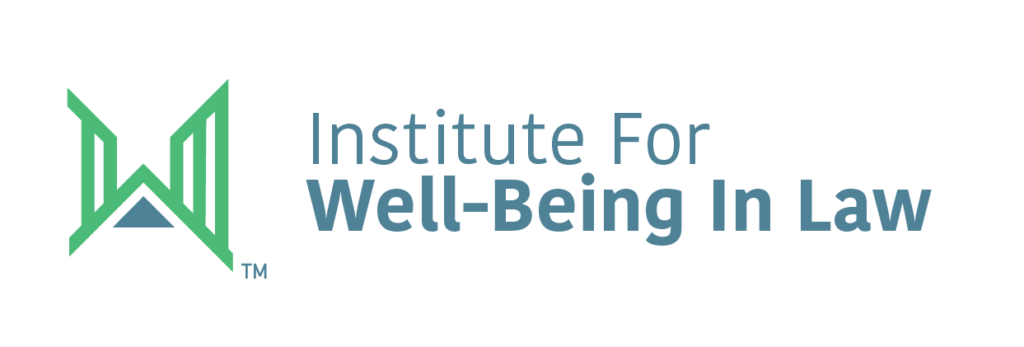Diversity, Equity & Inclusion Policy
We believe that the legal profession is strongest when its membership reflects the populations it serves.
We embrace, respect, value and encourage our profession’s differences in gender, race, ethnicity, national origin, age, sexual orientation or identity, language, physical and mental ability, socio-economic status, and other characteristics that make our profession unique. The profession must recognize, however, that populations that are underrepresented in the ranks of law students, attorneys, and judges have historically faced countless barriers to entry into the legal ranks; confronted structural challenges to success; and been forced to navigate daily micro- and macro-aggressions regarding their identities in the legal profession that are not faced by those outside these groups. Each of these barriers, challenges, and slights enhance stress, takes a toll on their individual and collective well-being, and creates a hostile landscape that threatens self-esteem and increases the potential for burnout. We believe it is essential that those in the legal community engage in conscious, intentional effort to dismantle them and advocate for the well-being of all its members.
The 2017 Report issued by the National Task Force on Lawyer Well-Being identified challenges faced by legal professionals and students throughout the United States, including by attorneys in both the public and private sectors; large-firm lawyers and solo practitioners; in-house counsel and law students. The Report identified diversity and inclusion as being associated with employee well-being and further provided an array of recommendations designed to improve diversity, equity, and inclusion within the profession.
The Institute for Well-Being in Law (IWIL) accordingly prioritizes diversity, equity, and inclusion (DEI). We identify three goals for our DEI work:
- To Focus. IWIL’s commitment to DEI will comprehensively inform the Committee’s work, paying special attention to the additional stressors, burdens, and barriers to entry faced by historically underrepresented legal professionals, and working to address these challenges in the programs, proposals, recommendations, best practices, guides, rules, regulations, and other projects developed under IWIL’s purview.
- To Communicate. IWIL will collaborate with the affinity bar associations and other groups focused on DEI, so that both (a) IWIL can efficiently seek input from the attorneys, judges and law students belonging to these entities; and (b) these individuals and communities have a clear channel of communication to IWIL with respect to issues they are facing that affect their well-being and success.
- To Create Change. IWIL will create, develop, and assist with the implementation of short-term, medium-term, and long-term projects aimed at addressing both the individual and systemic elements of current legal practice that make participation, let alone success, in the legal profession harder to achieve and sustain for these legal professionals than it is for those outside these groups. Attention will be paid to the importance of cultural or other controlling identity that may influence well-being of individual attorneys.
With these goals in mind, we will work hard; likely make mistakes; endeavor to learn from those mistakes; and continue working to effect real, meaningful change in the profession. We will work to not only ensure that all aspiring and sworn members of the legal profession receive equal treatment, but also that they receive the support they need to achieve equitable access to and success in the profession. Our goals will include that the barriers, challenges and slights they face every day are reduced, mitigated and, ultimately, eliminated.
With gratitude to the Massachusetts Supreme Judicial Court Standing Committee on Lawyer Well-Being for its leadership and inspiration that lead to the creation of this policy.

